(RNS) — Since the U.S. government’s Jan. 3 capture of Venezuelan President Nicolás Maduro and his wife, Cilia Flores, many Latino evangelical Christian communities in the United States have been celebrating what they call a spiritual victory as well as a political one.
“God is using Donald Trump to liberate Venezuela from the 27-year-old chains of oppression,” said the Rev. José Durán, a Venezuelan immigrant in Michigan, voicing a view held by some, though not all, Latino evangelicals and referring to the time that Maduro and his predecessor, Hugo Chávez, have led the country.
Durán, who was interviewed in Spanish, serves as pastor of a senior team of advisers of María Corina Machado, the Venezuela opposition leader who was awarded the 2025 Nobel Peace Prize. He’s also the executive director of Movimiento de Ciudad, an organization that supports urban ministry throughout Latin America.
Though Machado is a Catholic, her inner circle in the Vente Venezuela Party includes several evangelicals, who have taken up her charge that opposing Maduro is a “battle between good and evil.”
“We’re in agreement that we want the liberty of Venezuela from satanic communism, socialism,” Durán said.
But with Maduro’s successors increasing repression in the country and President Donald Trump insisting that the U.S. will “run” Venezuela without calling immediate elections, the future of the country is uncertain.
The Rev. Samuel Rodriguez, an evangelical adviser to President Trump and the president of the National Hispanic Christian Leadership Conference, told RNS that U.S. Latinos’ support in the 2024 elections played a key role in the administration’s decision to remove Maduro from office and that Latino evangelicals will have a voice in the country’s future.
“ You combine the evangelical vote plus the Latino vote, and you get Nicólas Maduro in New York City in prison,” Rodriguez said. ”That’s the result because we demanded that.”

Rodriguez said the NHCLC would be sending the Rev. Iván Delgado Glenn, the Colombian leader of the NHCLC’s new Latin America expansion, to Venezuela along with four other faith leaders to observe the leadership transition after Maduro’s arrest and how it “will impact the church.” Rodriguez added that “appropriate governmental authorities stateside on our side” will ensure their safety.
He applauded Secretary of State Marco Rubio’s statement that the U.S. does not want to govern Venezuela and said the secretary wants to help the country transition to a “legitimate form” of democracy.
“The White House and the Trump administration have given the evangelical community more than an ear,” Rodriguez said, adding that he’d met with Trump just before Christmas. Rodriguez said that, while evangelicals are not weighing in on specific tactics, such as the boat strikes near Venezuela that preceded the operation that removed Maduro, the administration is “ taking action based on what they hear from an evangelical community that really would like to advance an agenda of righteousness and justice, truth and love.”
Even before Maduro’s capture, the U.S. government had been applying pressure to effect regime change in Venezuela, particularly through sanctions. The Washington Post reported that those sanctions contributed to an economic contraction in the country roughly three times as large as the one caused by the Great Depression in the United States.
Marcos Velazco, a director of Vente Venezuela’s grassroots organizing who fled the country in August 2024, attributed reports of political prisoners and their Maduro-government torturers accepting Jesus to the presence of God, as well as his own escape from the country and his movement’s ability to connect with allies abroad.
“If something has been a true miracle, it’s how God has drawn our cause near to influential and important people, not just in the United States, I should say, but in the whole world,” Velazco said in Spanish via video. Beyond praying with Machado’s team, Velazco said, Durán has been a key “architect” for making important connections.
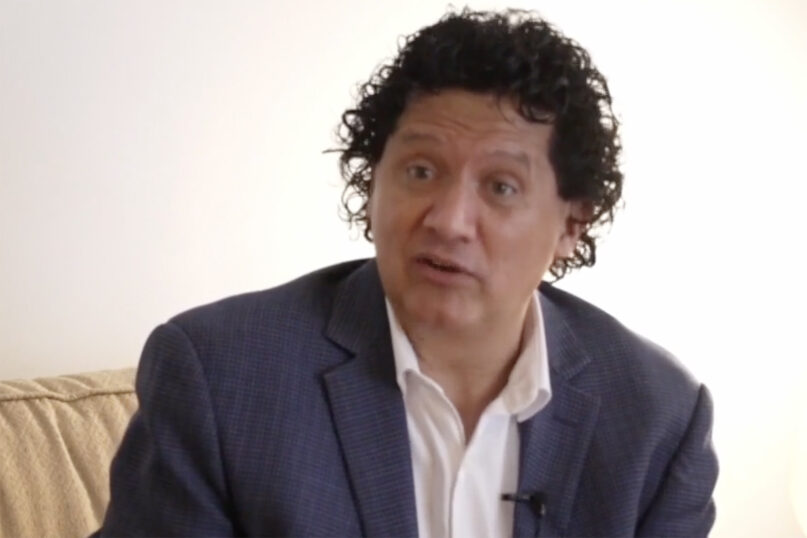
“We have seen how faith has generated sufficient trust to defend the Venezuelan cause,” Velazco said, mentioning relationships with Rubio and Republican members of Congress such as U.S. Reps. Bill Huizenga of Michigan and Mario Díaz-Balart, Carlos Gimenez and María Elvira Salazar of Florida.
But Velazco said these victories have not come without pain. As a result of his advocacy, he said, his father, who is not involved in the movement, was accused by the Maduro government of inciting hate, criminal association and terrorism. He is being held as a political prisoner in a location unknown to his family and could face a sentence of up to 30 years, the Machado advisor said. Velazco, 26, also said he became a key leader at such a young age because his boss was imprisoned and is now being held at El Helicoide jail, where there have been reports of systematic torture.
Chávez and Maduro together have been “a regime that, from its position of power, has spiritually delivered the country to the forces of evil,” said Velazco.
Durán and Velazco both point to public accusations that Maduro has engaged in witchcraft and Santería, which Velazco said gives the president the feeling he is “spiritually protected while they slam civil society and while they dilute the structure of the free and democratic state.”
Durán said his group continues to count on God to act. Machado allies are praying that interim President Delcy Rodríguez and other prominent figures of the regime will be removed, and while he said he did not understand Trump’s approach to Rodríguez, “God is the one that removes and places kings.”

Machado has heaped praise on Trump publicly, even offering her Nobel Peace Prize to the president. Velazco said the Trump administration “has done a fantastic job” with Maduro’s “Cartel de los Soles,” a slang term for corrupt government officials taking drug money.
Machado prays with her evangelical advisers, Durán said. “We’ve prayed, and she’s Catholic, but she cries like a person very sensitive to the Holy Spirit.”
Durán said Christians must influence society, though he said they should not be partisan. “The church must be the church, and that’s the problem. The church has been locked away in thinking just about the spiritual, or that there’s a dichotomy between the secular and the spiritual. And that’s a plan from Satan,” he said.
Venezuelan evangelicals have heard God’s intentions for the country since the 1980s, said Durán. “We have heard prophetic words that God has a plan for Venezuela and that liberty for Venezuela is coming and a new Venezuela will be born.”
Durán, who had been ordained in the Foursquare Church, said he trained hundreds of Latinos for Billy Graham’s 2000 Nashville Crusade after he came to the U.S. Durán is now affiliated with the Reformed Church in America.
Rodriguez, the leader of the NHCLC, also said the church was “not done” in Latin America. He said the Venezuela policy is the beginning of a “domino effect” and called on the Trump administration to effect change in Nicaragua, Cuba and Brazil, explaining that he was calling for “geopolitical pressure,” not the same exact tactics because the other countries are “a different reality.”
He said a major policy goal of the NHCLC is to build “a multigenerational firewall against communism, socialism” in Latin America. “ I want Christianity to thrive, and I do believe that a political apparatus that is counterintuitive to religious liberty serves as an impediment to Christianity expanding, to people coming to Christ as Lord and Savior,” he said.
Maduro’s capture “is not the period — it’s the comma,” Rodriguez said.
The response from pastors within Venezuela has been more muted, reflecting a significant difference in views between those still living in the country and those who’ve joined the diaspora. Almost two-thirds (64%) of Venezuelans living abroad support U.S. military intervention in the country, compared with only a third (34%) of those in Venezuela, according to an October AtlasIntel poll.
But the same poll found that majorities of Venezuelans everywhere considered Maduro a dictator and said the country would be better off without him. About 4 in 10 (41%) Venezuelan residents and 55% of those in the diaspora said they trusted Machado to lead a transition to democracy.
The Evangelical Council of Venezuela wrote in a statement the day of Maduro’s capture that its members were praying for their fellow citizens “that go through moments of uncertainty or fear” and for “the peace of the country and for a true and enduring transformation that honors the justice, the truth and the dignity of every citizen.” The next day, the council announced a week of fasting and prayer for the nation.
On Sunday back in Orlando, the Rev. Gabriel Salguero, president of the National Latino Evangelical Coalition, the Venezuelan evangelical council’s U.S. counterpart, told his congregation at The Gathering that in Venezuela, “the last chapter has still not been written,” referencing “powerful forces” still in place.
“We have to pray,” alongside thousands of other churches in his network, he told them, “for the freedom of the Venezuelan people and for democracy that respects the self-determination of the people.”


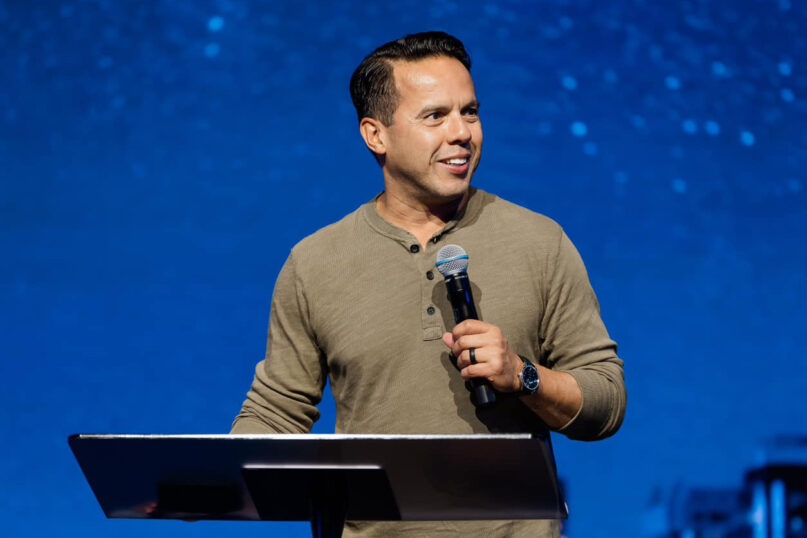



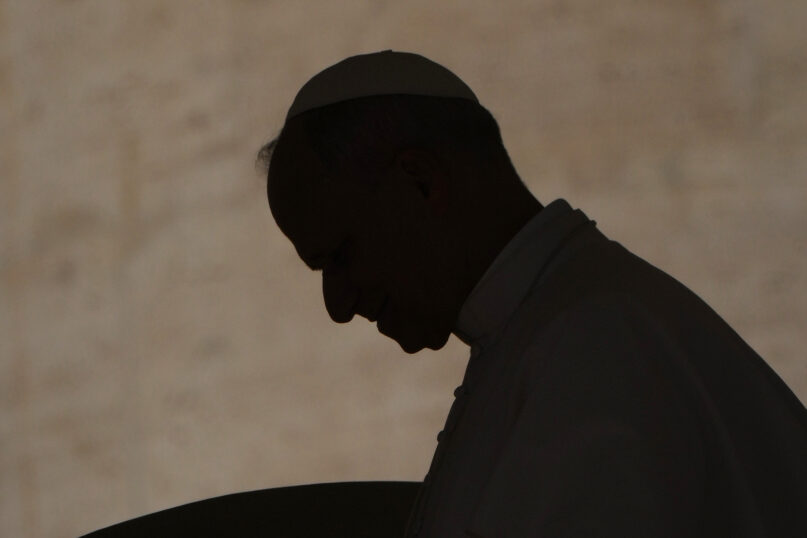

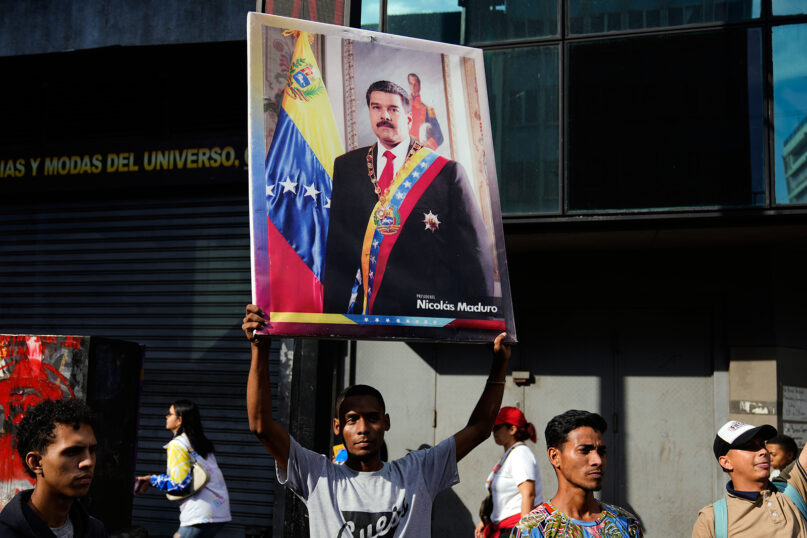
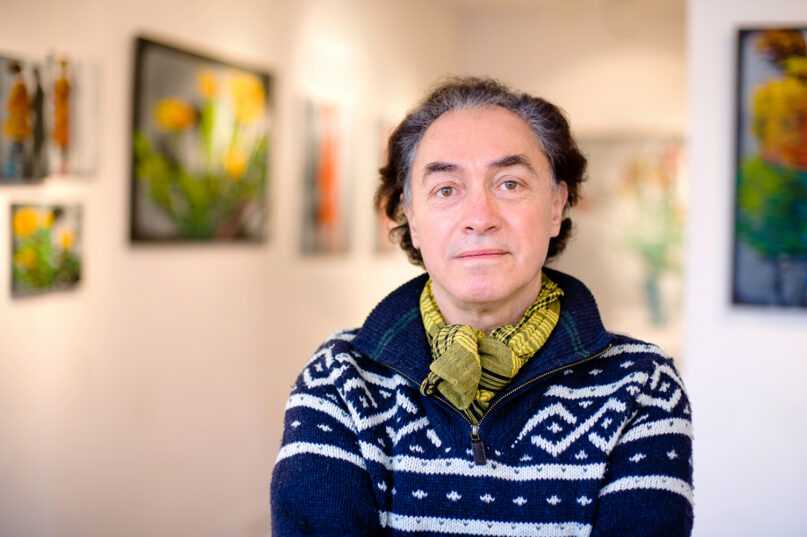
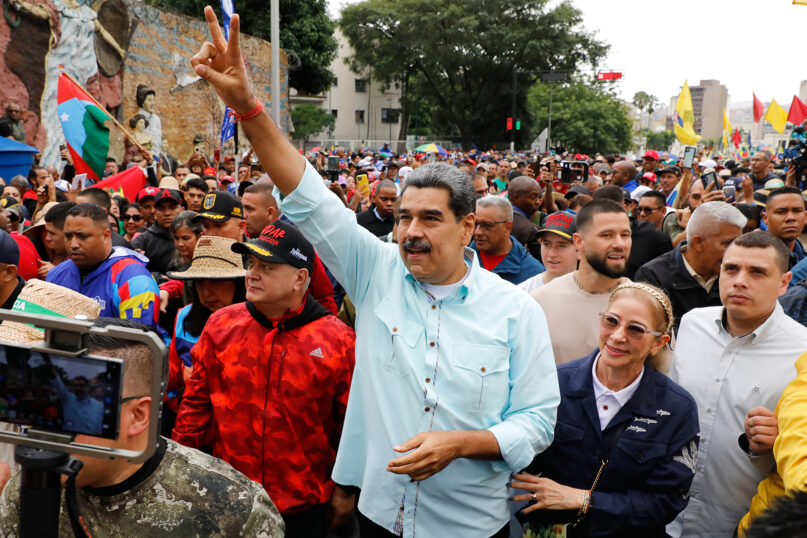


 We can get lost in community just as we can get lost in individuality. That’s why we must honor both.
We can get lost in community just as we can get lost in individuality. That’s why we must honor both.